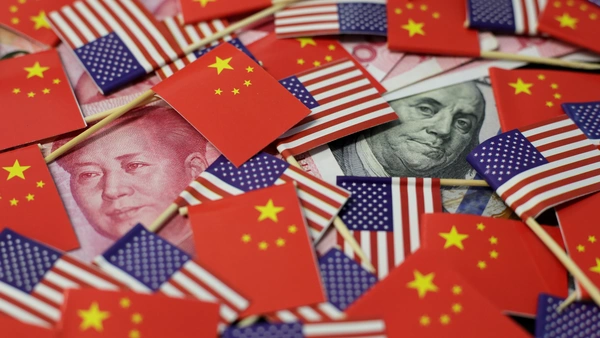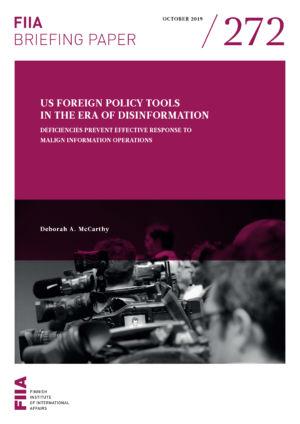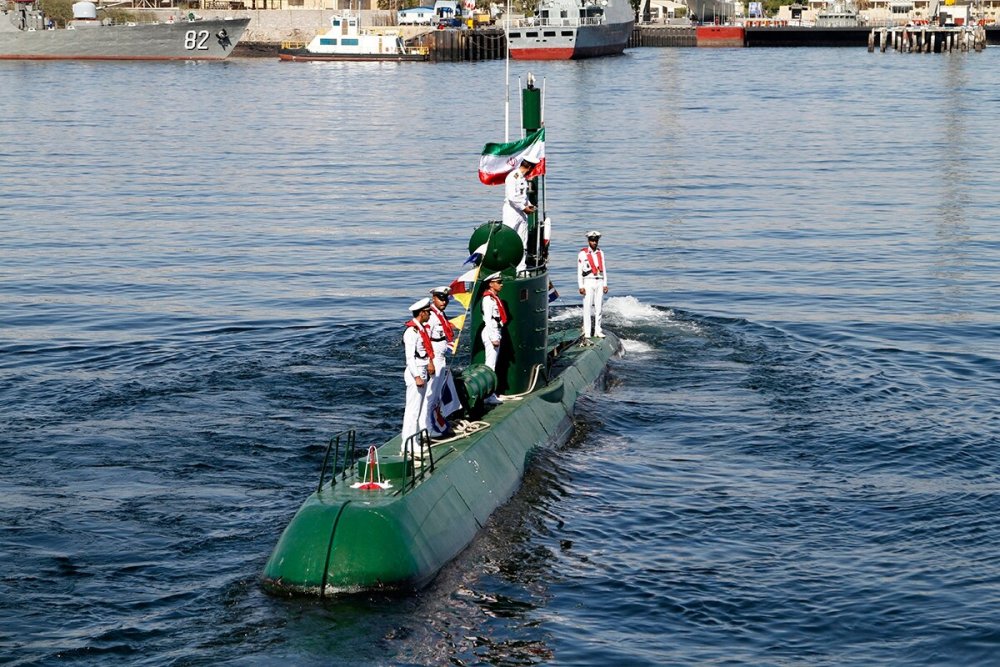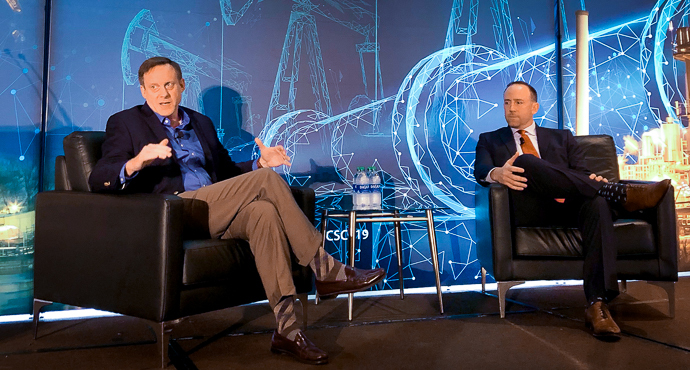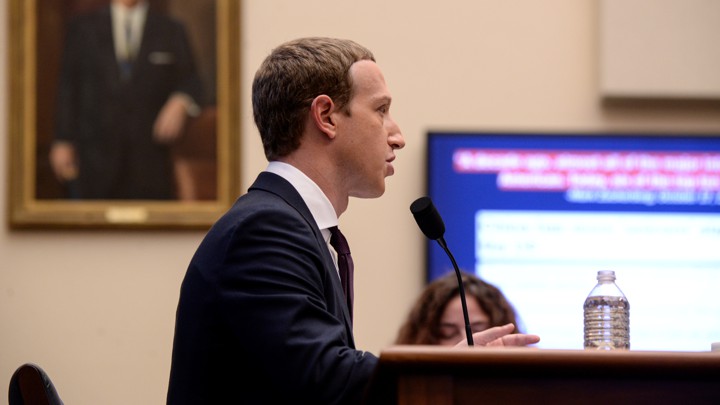 Since opening up to foreign trade and investment and implementing free market reforms in 1979, China has become the world’s fastest-growing economy. China has transformed itself from a predominantly agricultural economy into a manufacturing powerhouse. China has taken a leading role in several critical emerging technologies. ‘Made in China 2025’, laid out how and why China would need to move up the technology ladder and close the gap with developed countries.
Since opening up to foreign trade and investment and implementing free market reforms in 1979, China has become the world’s fastest-growing economy. China has transformed itself from a predominantly agricultural economy into a manufacturing powerhouse. China has taken a leading role in several critical emerging technologies. ‘Made in China 2025’, laid out how and why China would need to move up the technology ladder and close the gap with developed countries.
China's $ 11 trillion economy is almost five times that of India. China is way ahead of India in terms of technology. The US-China trade war helped Indian exports to China. India has been taking notable steps forward in innovation, supported by Prime Minister Narendra Modi’s reform agenda.
Regional Comprehensive Economic Partnership can derail India’s ‘Make in India’ programme. India has major concerns. India has to do some very tight rope walking. India manufacturing industry has no option but to be globally competitive to survive in today’s globalized world.
Despite the border tensions India has to engage China economically to reduce the trade deficit between the two countries, take advantage of the ongoing US China trade war, get FDI from China and collaborate in emerging technologies to take Indian economy forward.

